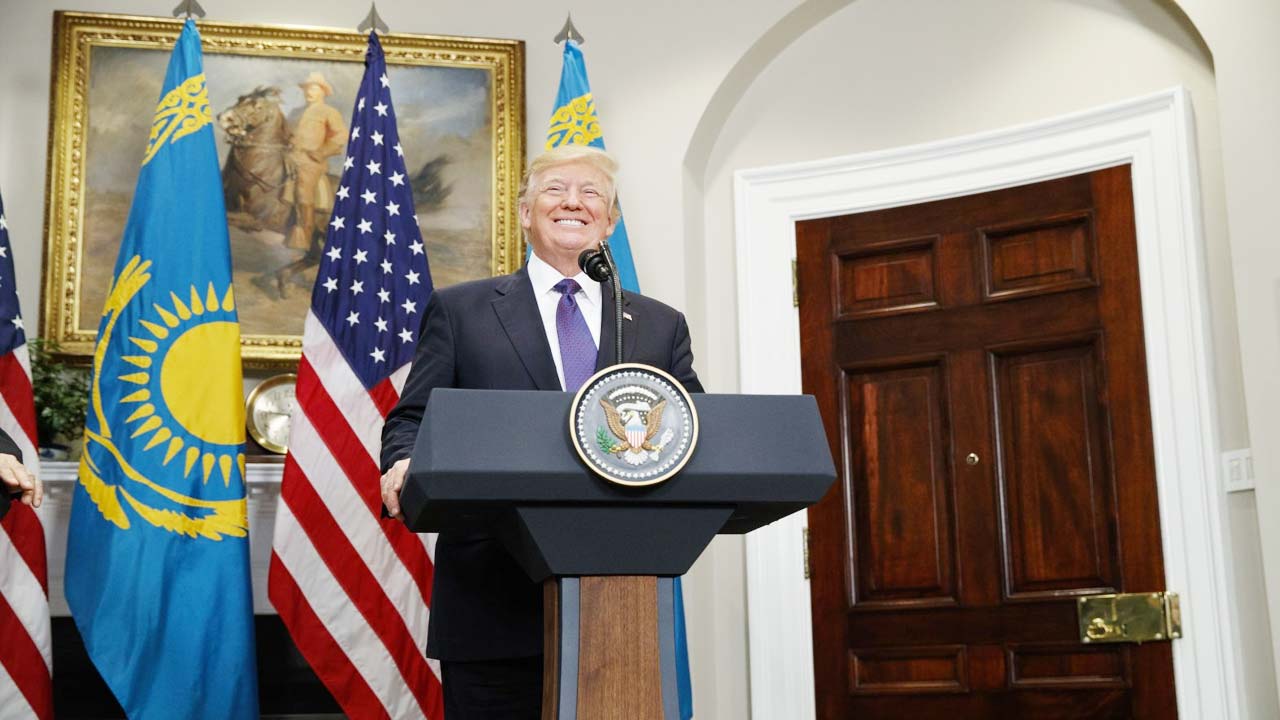
Potential Changes in U.S.-Central Asia Relations under Trump
If Donald Trump returns to the White House, U.S. relations with Central Asia could shift significantly, marking a new chapter in a region historically overlooked in American foreign policy. Trump's unpredictable nature and swift decision-making may lead to enhanced diplomatic ties, particularly through initiatives like the C5+1 platform, which fosters dialogue among the five Central Asian republics: Kazakhstan, Kyrgyzstan, Tajikistan, Turkmenistan, and Uzbekistan. This shift could redefine the dynamics of U.S. engagement in Central Asia, emphasizing the region's strategic importance and investment potential.
Economic Cooperation and Investment Opportunities
Central Asian leaders are eager to strengthen economic cooperation, aligning well with Trump's focus on pragmatic engagement. The region, rich in natural resources, presents significant investment opportunities, especially in infrastructure, energy, and technology. Trump is likely to prioritize economic partnerships, encouraging American businesses to explore opportunities in sectors such as agriculture and telecommunications. His administration may facilitate new projects during initial visits to the region, setting the stage for long-term cooperation that benefits both U.S. interests and Central Asian economies.
Geopolitical Challenges with China and Russia
Trump's approach to Central Asia will also involve navigating the challenges posed by China's expanding influence through initiatives like the Belt and Road Initiative. Balancing this encroachment will be crucial, as Central Asian nations increasingly seek to diversify their partnerships beyond traditional power blocs. Moreover, the U.S. may face a strong response from Russia, which views Central Asia as its sphere of influence. This geopolitical tug-of-war could reshape the regional balance of power, prompting local leaders to strategize carefully in their diplomatic engagements.
Security Dynamics and Regional Stability
A second Trump presidency could enhance security in Central Asia, addressing regional threats such as terrorism and drug trafficking. Central Asian leaders may welcome U.S. support in forming security pacts that allow for collaborative efforts without reliance on a single power. Instead of expanding military presence, the U.S. could focus on training and equipping local forces, fostering a self-reliant approach to regional stability. Engaging on security issues may strengthen U.S. standing in the region, building trust and goodwill among Central Asian nations.
A Transformative Era for U.S.-Central Asia Relations
In summary, Trump's potential presidency could herald a transformative period for U.S.-Central Asia relations. His unconventional approach may yield opportunities for collaboration while addressing geopolitical challenges and security concerns. As the global landscape evolves, Central Asia's strategic significance may rise within American foreign policy, making it a vital arena for U.S. interests and partnerships. If successful in balancing regional influences, Trump could redefine the nature of U.S. engagement in this critical area.





















